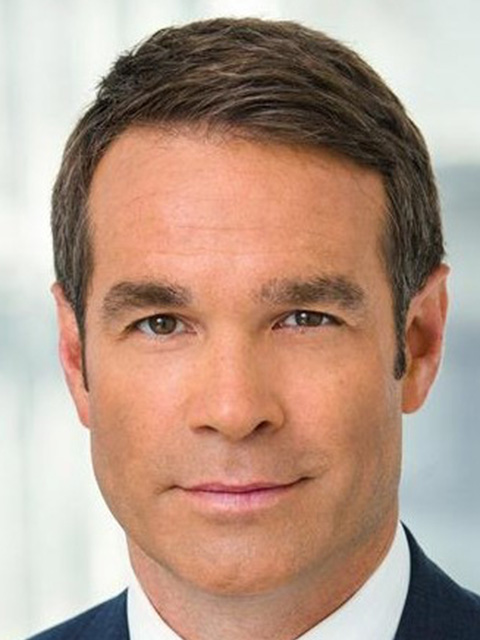What’s Next for the Global Trading System?
Over the past decade, major economies have launched an unprecedented race to conclude preferential agreements, with their number exceeding 400. The US and the EU were on the verge of megadeals to conclude the Trans-Pacific Partnership and the Transatlantic Trade and Investment Partnership, and proposals are circulating for setting up a global trade regulation system as an alternative to the World Trade Organization. However, on January 23, 2017, the US President signed an executive order on US withdrawal from the Trans-Pacific Partnership. Does this mark the end of globalization in the modern era and the start of a new surge of national protectionism? Does the WTO have a chance to rehabilitate itself in the eyes of global trade parties, or can we expect the US to try and exercise new regulatory tools to govern trade?
Moderator:
Erik Schatzker ,
Anchor, Editor-at-Large, Bloomberg Television
Panellists
Ivan Glasenberg ,
Chief Executive Officer, Glencore
Poh Koon Koh ,
Senior Minister of State, Ministry of Trade and Industry & Ministry of National Development of the Republic of Singapore
Leyla Mammad Zada ,
Chief Operating Officer, Summa Group








